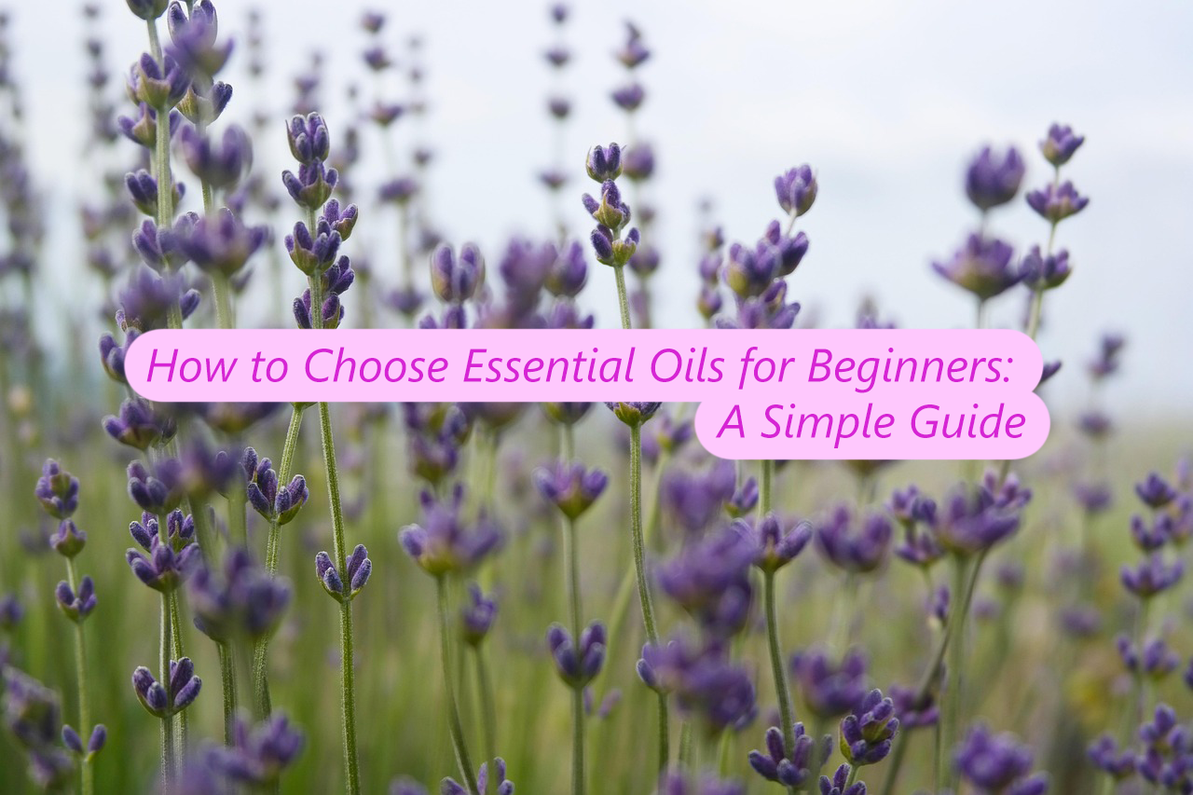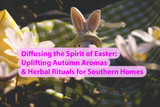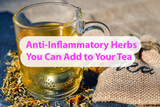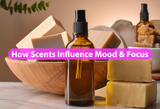How to Choose Essential Oils for Beginners: A Simple Guide
How to Choose Essential Oils for Beginners: A Simple Guide
Essential oils have become increasingly popular for their aromatic qualities and versatile uses, from enhancing your home’s ambiance to contributing to a natural wellness routine. However, with so many options available, it can be overwhelming for beginners to choose the right essential oils. Whether you're seeking to boost relaxation, refresh your space, or incorporate essential oils into your skincare routine, understanding the basics will help you make an informed choice.
In this guide, we’ll walk you through the essential oil basics, what to consider when selecting oils, and how to use them effectively, so you can start your essential oil journey with confidence.
What Are Essential Oils?
Essential oils are highly concentrated plant extracts obtained from various parts of the plant, including leaves, flowers, roots, peel, bark, and stems. They contain the part of the plant's natural fragrances and properties and are widely used in aromatherapy, skincare, and wellness practices. Essential oils can be extracted using methods like steam distillation, hydro distillation, solvent extraction or cold pressing.
Top Considerations When Choosing Essential Oils
1. Know Your Purpose
Before selecting essential oils, it’s important to determine what you want to achieve. Essential oils can serve a variety of purposes:
- Aromatherapy & Relaxation: Oils like Lavender, Chamomile, and Ylang Ylang are known for their calming properties, making them ideal for reducing stress and improving sleep.
- Skin Care: For a rejuvenating skincare routine, consider oils like Rose, Carrot Seed, Frankincense, and Tea Tree. These are commonly used in natural skincare products for their potential to balance and refresh the skin.
- Energising & Invigorating: Citrus oils, such as Lemon and Orange, are perfect for uplifting your mood and boosting energy.
- Cleansing & Purifying the air of the home or office: Clary Sage, Frankincense, Citrus Oils, Lavender, Peppermint, Lemon, Tea Tree, and Rosemary are among some of the popular oils to use for refreshing and uplifting the air in the home or office.
- Steaming & Clearing the sinuses: Peppermint and Eucalyptus are the most popular oils to use when you have sinus congestion and want to inhale some steam to relieve the pressure and congestion. A couple of drops to hot, steaming water is all that is required.
2. Consider Your Scent Preferences
Since essential oils are primarily known for their fragrances, it’s important to choose oils with scents you enjoy. Floral oils like Lavender or Rose have a sweet, calming aroma, while citrus oils like Bergamot and Grapefruit are zesty and refreshing. If you're unsure, start with a few of the most popular and versatile oils.
3. Purity and Quality
The quality of the essential oil is critical. Look for oils that are pure, unadulterated, and sourced from reputable suppliers. At My Herb Clinic, we pride ourselves on offering 100% pure, organic (where possible), and ethically sourced essential oils to ensure you experience the full benefits.
4. Consider Your Skin Type (For Topical Use)
If you're using essential oils for skincare or massage, your skin type plays a role in the selection. For example, those with sensitive skin may prefer oils like Lavender or Roman Chamomile, while those with oily skin might benefit from Tea Tree or Geranium being added to their skincare products and routines.
5. Blending and Versatility
Many essential oils blend well together, allowing you to create personalised combinations. For beginners, it’s helpful to know which oils can complement each other. For instance, Lavender pairs well with Peppermint and Eucalyptus for a refreshing, calming blend, while Lemon and Bergamot create an uplifting and energising mix.
Popular Essential Oils for Beginners
Here are some essential oils that are perfect for beginners:
- Lavender: The quintessential beginner's oil. Known for its calming and soothing properties, it can be used in diffusers, added to bathwater, or applied topically for skin support.
- Peppermint: This invigorating oil is great for boosting energy and mental clarity. It’s commonly used for headaches and digestive discomfort. Add to a carrier oil before gently massaging into the temples or stomach area.
- Tea Tree: A versatile oil, Tea Tree is well-known for its purifying and cleansing properties, making it ideal for skincare routines.
- Eucalyptus: Refreshing and revitalising, Eucalyptus is often used to clear the air and create a cooling sensation when used in a diffuser or topical application.
Frankincense: A grounding oil with a deep, woody fragrance. Frankincense is often used for meditation and promoting a sense of calm and focus.
How to Use Essential Oils
1. Aromatherapy
The most common use of essential oils is in aromatherapy, which involves diffusing the oil into the air. You can use a diffuser to disperse the aroma throughout your home, or you can place a few drops in a bowl of hot water and inhale the steam. Adding a few drops to a cotton ball or fabric and keeping it nearby also works. Or using wearable diffusers like our MiaLava aromatherapy diffuser bracelets.
2. Topical Application
When applying essential oils to the skin, always dilute them with a carrier oil, such as Jojoba, Coconut, or Sweet Almond oil, however any good quality cooking oil you may have in your pantry can also work in a pinch, like Olive Oil or Avocado Oil. For most essential oils, a 5% dilution is recommended. You can use this blend to massage your skin or add a few drops to your bath for a relaxing experience.
3. Massage
Essential oils are often used in massage oils for their soothing and aromatic effects. A blend of Lavender or Ylang Ylang mixed with a carrier oil is ideal for relaxation and stress relief.
4. DIY Products
Essential oils can be incorporated into homemade products such as candles, cleaning solutions, and skincare items. Simply add a few drops to your mixture to elevate the scent and harness the properties of the oils.
Tips for Beginners
- Start Slow: Begin with a few essential oils and test them out. As you become more familiar with their properties and scents, you can expand your collection.
- Always Do a Patch Test: If you plan to apply essential oils topically, always perform a patch test to check for allergic reactions.
- Use Caution: Some oils may not be suitable for young children or pets, so always read usage guidelines before applying or diffusing essential oils in your home.
Conclusion
Choosing essential oils as a beginner doesn't have to be overwhelming. By considering your goals, scent preferences, and skin type, you can easily find the right oils for your needs. Start with versatile oils like Lavender, Peppermint, or Tea Tree, and explore their many uses. Whether you're looking to enhance your mood, support your skincare routine, or simply fill your home with natural aromas, essential oils offer a simple and effective way to elevate your environment.
Explore our wide range of pure essential oils at My Herb Clinic and discover the perfect oil for you today.
Recent Posts
-
Diffusing the Spirit of Easter: Uplifting Autumn Aromas & Herbal Rituals for Southern Homes
For much of the world, Easter arrives wrapped in blossoms, sunshine, and the scent of fresh spring a …3rd Mar 2026 -
Anti-Inflammatory Herbs You Can Add to Your Tea
Inflammation is a natural and essential part of the body’s defence system. In the short term, it hel …17th Feb 2026 -
How Scents Influence Mood & Focus
Scent is one of the most powerful and often overlooked tools in wellbeing. Long before we consciousl …21st Jan 2026




